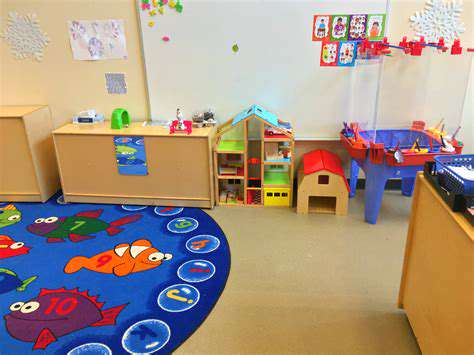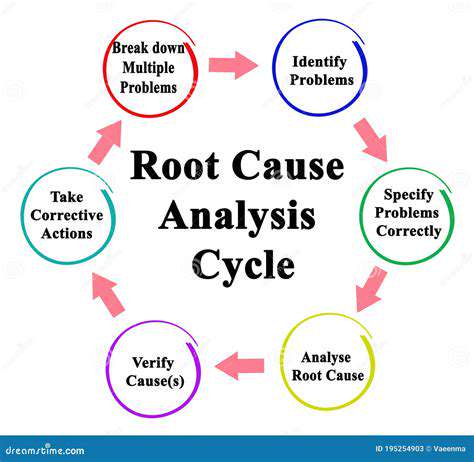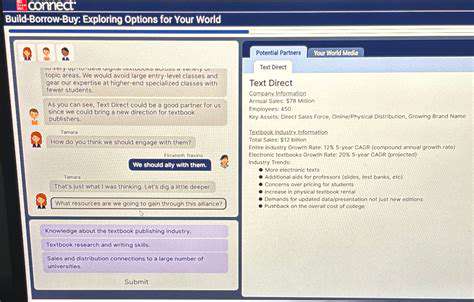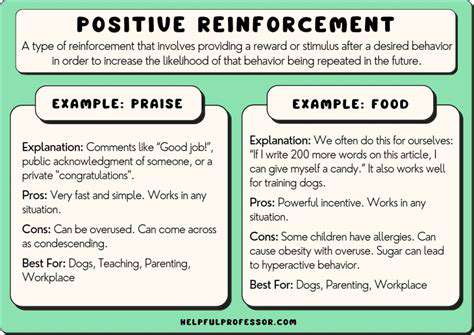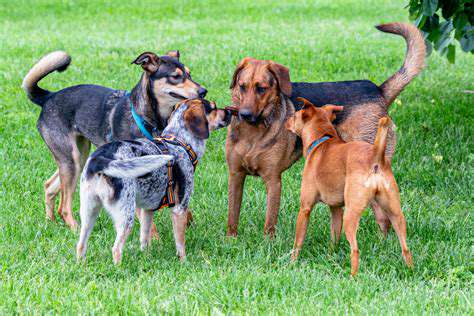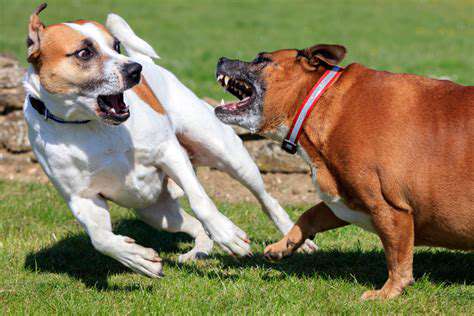When to Seek Professional Help for Basic Obedience Training


Advanced Training Goals or Complex Situations
Identifying Complex Behavioral Patterns
Understanding the nuances of a dog's behavior, especially in challenging situations, is crucial. A dog exhibiting repetitive, aggressive, or fearful behaviors might be displaying signs of underlying issues beyond simple training. Observing these patterns over time, noting triggers, and documenting specific instances can provide valuable insights that professional help can leverage. Detailed observation is key to unraveling the complexities and identifying the root causes, which may require specialized expertise to address.
Recognizing subtle changes in a dog's demeanor, like increased anxiety or sudden shifts in playfulness, is an important step. These changes can be early indicators of developing issues, which, if addressed promptly, can prevent more severe behavioral problems from escalating. A keen eye and diligent record-keeping are essential tools in identifying these patterns and understanding the potential causes.
Addressing Specific Training Roadblocks
Sometimes, despite the best efforts, training simply stalls or faces insurmountable obstacles. A dog might resist commands, become overly focused on distractions, or display behaviors that are difficult to modify with conventional methods. These roadblocks could indicate an underlying issue, like anxiety, fear, or a cognitive challenge, that requires a more specialized approach to training. Professional trainers have the tools and experience to navigate these complexities and devise tailored solutions.
Beyond basic commands, advanced training goals, such as competitive obedience, agility, or even specialized tasks, can present unique challenges. A professional trainer can provide the advanced techniques and consistent guidance needed to overcome these hurdles, ensuring your dog reaches their full potential and your training goals are met.
Evaluating Potential Underlying Medical Conditions
Certain behavioral issues can stem from underlying medical conditions. For example, pain, discomfort, or neurological problems can manifest as changes in behavior, aggression, or fearfulness. If you've tried various training methods without success and your dog's behavior seems unusual or inconsistent, consulting a veterinarian is crucial to rule out any medical causes. A professional diagnosis can guide your approach to training and ensure that you're addressing the root cause of the problem.
Medical conditions, even seemingly minor ones, can impact a dog's behavior in unexpected ways. A dog experiencing a sudden change in behavior, like excessive barking, hiding, or lethargy, should be evaluated by a veterinarian to rule out any underlying medical issues. Professional veterinary input is essential for determining if a medical condition is affecting your dog's behavior, and this information is crucial in determining the best course of action.
Seeking Expertise for Complex or Persistent Issues
If you've exhausted all available resources and your dog's behavioral problems persist, or if the situation involves aggression, fear aggression, or severe anxiety, seeking professional help is essential. A certified professional dog trainer or behaviorist can offer advanced techniques and strategies that go beyond basic training methods. Their expertise can help identify the root causes of the problem and develop a customized plan to address it effectively.
Persistent aggression, severe anxiety, or destructive behaviors that are not responding to basic training techniques signal a need for specialized intervention. A qualified professional can offer a comprehensive assessment, develop a treatment plan, and provide ongoing support. They understand the complexities of these situations and can help you develop strategies for long-term success.

Read more about When to Seek Professional Help for Basic Obedience Training
Hot Recommendations
- The Impact of Early Socialization on a Dog's Interaction with Other Animals
- Car Travel and Puppy Socialization: Making the Journey a Positive Experience
- The Importance of Early Environmental Exposure for Puppy Development
- Taking Your Puppy to the Vet: Positive Socialization Strategies
- Making Training a Positive Experience for Your Puppy
- Public Transportation and Puppy Socialization: A Step by Step Guide
- Safe Socialization: Allowing Others to Pet Your Puppy
- Helping a Puppy Who Struggles with "Stay"
- Positive Puppy Interactions: Making Meetings with New Friends Fun
- No Treats Needed? Training Basic Commands with Verbal Praise
